Mistakes in caring for textiles in the bedroom: harm the skin, spoil the air and worsen your well-being
Well, there is no such person who would not love a fresh and comfortable bed. We all love the smell of clean linen, the crunch of starched pillowcases, a comfortable mattress and a warm blanket in the cold winter. However, in this regard, there are several mistakes that many people make. Allowing pets to sleep in beds, storing kits in poorly ventilated drawers, improperly washing duvet covers and sheets, and other mistakes can all have a significant negative impact on our health, affecting air quality and causing skin diseases.
The content of the article
Ignore the mattress pad
In fact, this is not a luxury, but a very useful and necessary accessory. It protects your mattress from dirt, dust, and stains that can very easily get onto it from the sheets. It’s clear that it’s easier to buy a protective cover rather than cleaning a bulky and oversized mattress - by the way, cleaning it is more difficult than washing a mattress cover.
In addition, to some extent it is able to protect bed linen from attacks by dust mites and other small insects that often live inside the mattress.Therefore, you will also be protected from them.
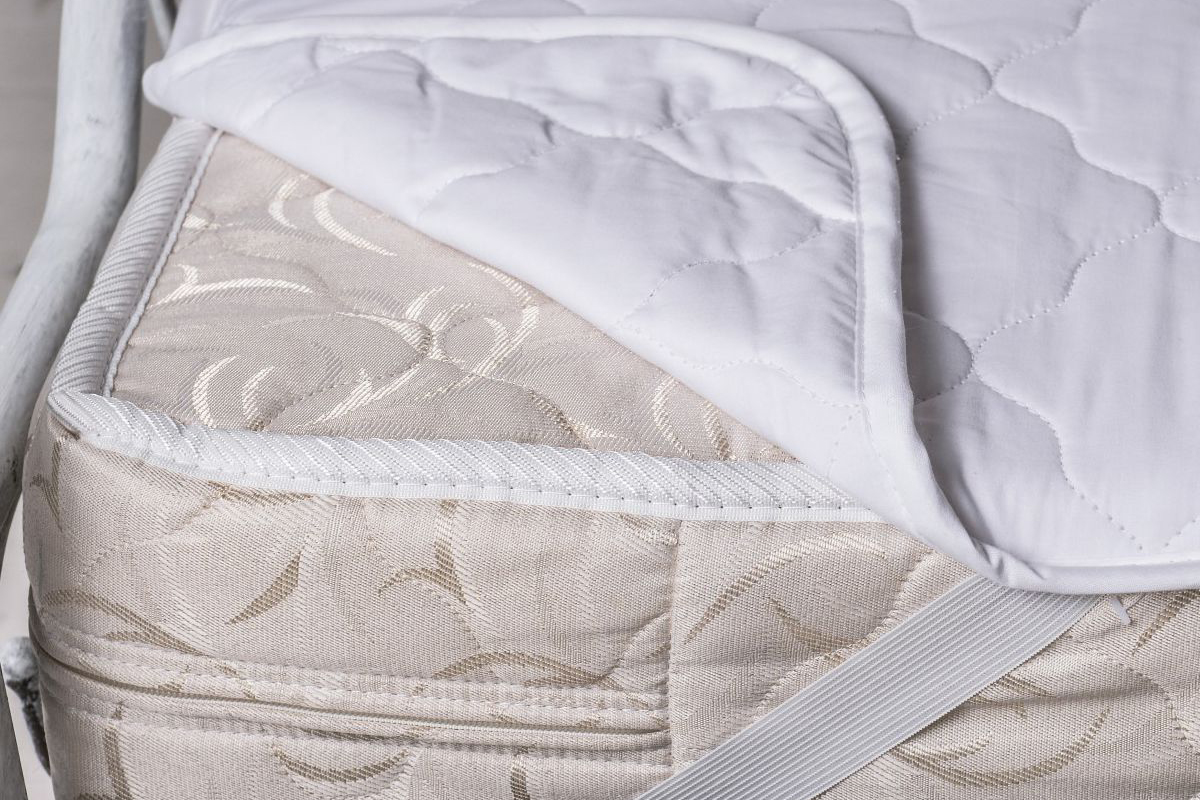
Change pillowcases rarely
There is an opinion that bed linen should not be washed often, because this wears it out and therefore lasts much less. This is wrong. Of course, maintaining cleanliness is very important, especially when it comes to pillowcases, because they are the ones that most often come into contact with human skin. Dirty laundry is the first cause of skin diseases, because textiles always contain dirt, particles of epithelium or cosmetics. This is precisely why pillowcases need to be washed as often as possible.
Naturally, you can do this separately from other items in the kit. And to make changing them easier, choose a universal shade for bed linen and buy several separate pillowcases.
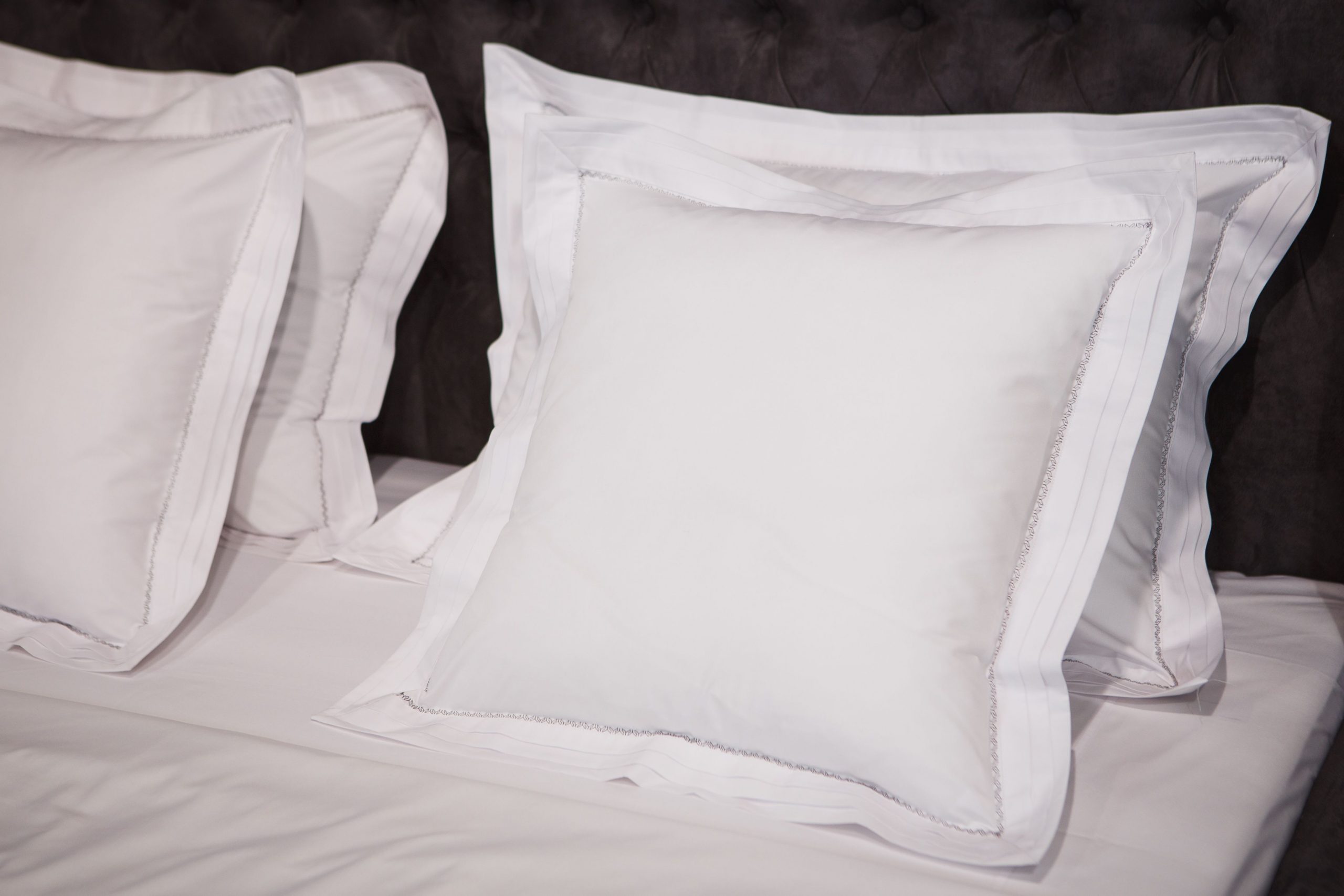
Make your bed immediately
In general, doing this immediately after waking up is a great habit. And it’s good if you not only preserve it, but also accustom the rest of your household to it. But it turns out that the bed linen needs to be given time to air out at least a little before covering it with a blanket. The reason is excess moisture on the textiles, which accumulates overnight, and this is an excellent habitat for various unpleasant microorganisms and even fungus.
After waking up, do not rush to make the bed - let it air for 10-15 minutes with the window open.
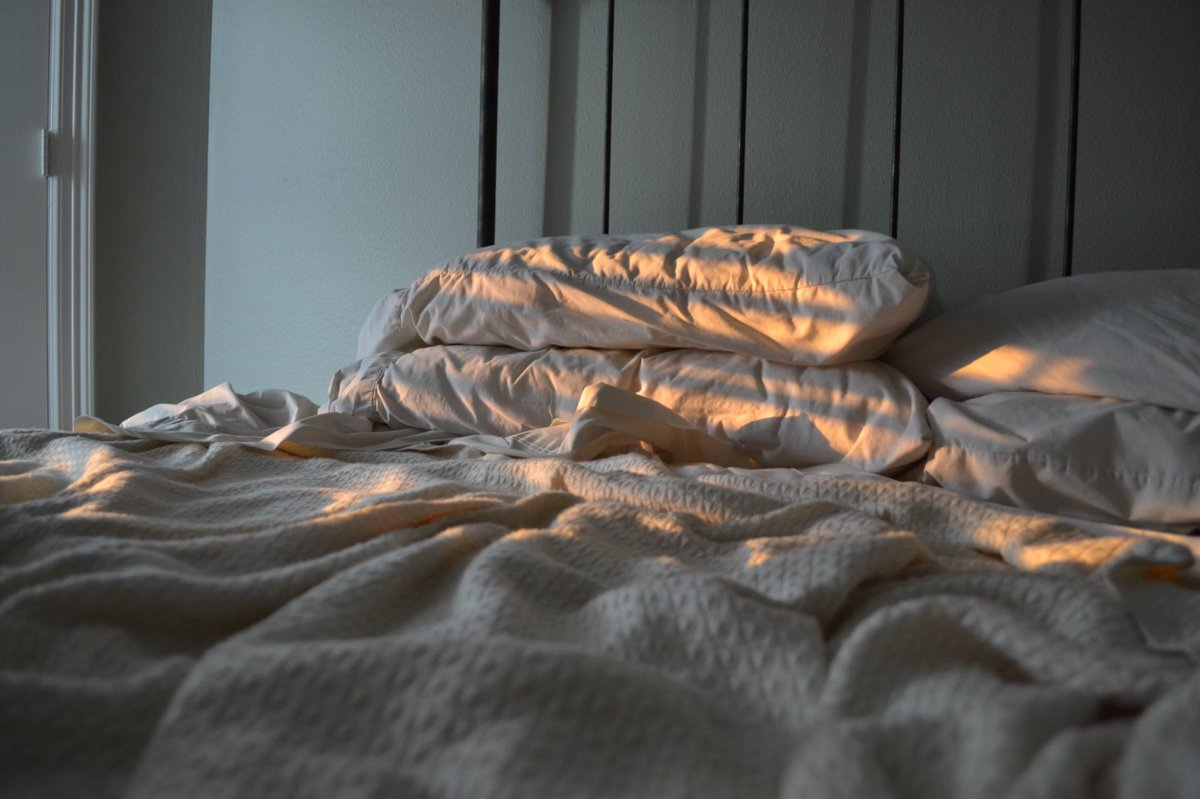
Washing too much in one wash
The sheet, duvet cover and pillowcases should be placed freely in the machine, so do not stuff the whole set into the drum at once. Let it dangle there better, which will contribute to better washing.
By the way, the fewer things you load, the better it will rinse.It is known that powders contain many chemical compounds, and therefore it is recommended to rinse it even twice. Chemical residues on textiles may well cause the development of allergies and skin diseases.

Allowing animals to sleep in your bed
Even if you dote on your pet, you still shouldn’t let him sleep in your bed. And the problem here is not only about hygiene and safety. Whatever one may say, hair and pieces of animal epithelium still remain on the bed linen, and this is an ideal habitat for dust mites.
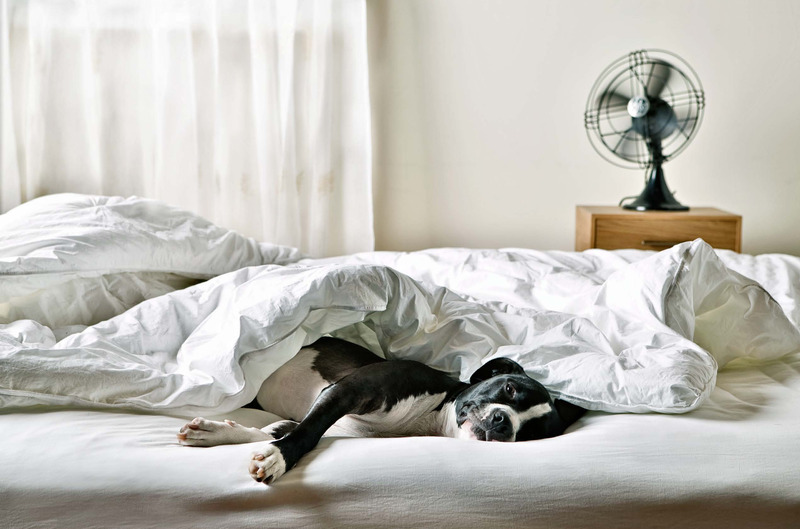
Place bags and other “street” items on the bed
If you are not a fan of making your bed, then remember once and for all: never put anything you bring from the street (bags, packages, only purchased items) on your bed sheets. Street dust, which in any case gets on the textiles, stains the linen, and along with it, microbes, helminth eggs, and other not-so-pleasant “comrades” get onto the material.

Place bedding in an unventilated closet
If you want your laundry to always remain fresh and clean, it should be stored on well-ventilated shelves. You should not put it in plastic bags, but rather give preference to textile covers or wicker baskets.
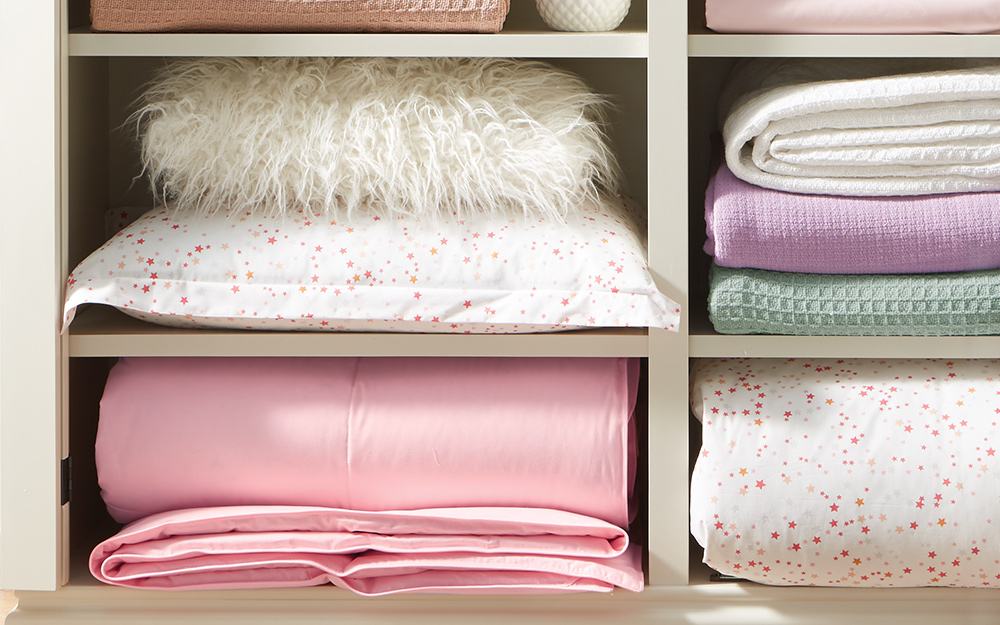
Choose a gentle wash cycle
In general, high water temperatures can significantly deteriorate the quality of fabric, because boiling water has a detrimental effect on fibers - this has long been known and understood. But washing bedding in cold water is also not entirely correct, and not effective. The optimal washing mode is 60°C and with maximum speed.






